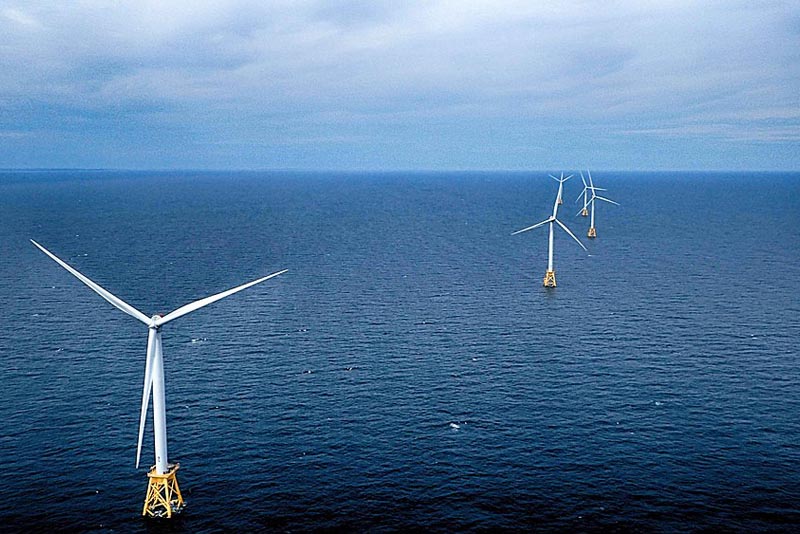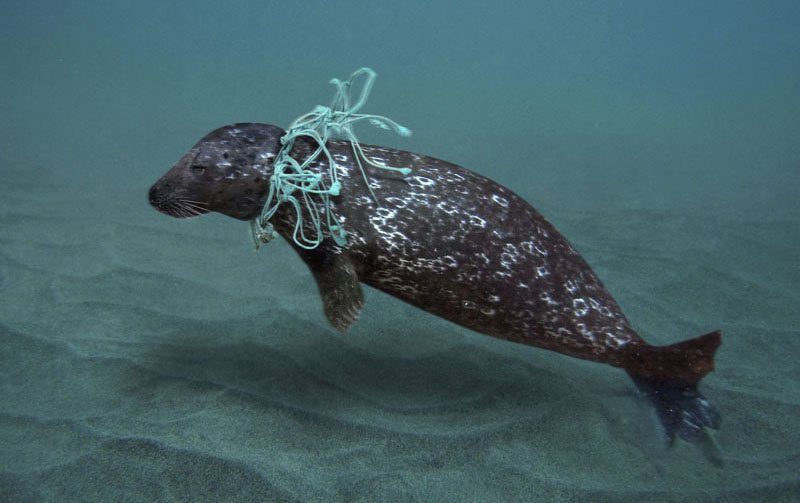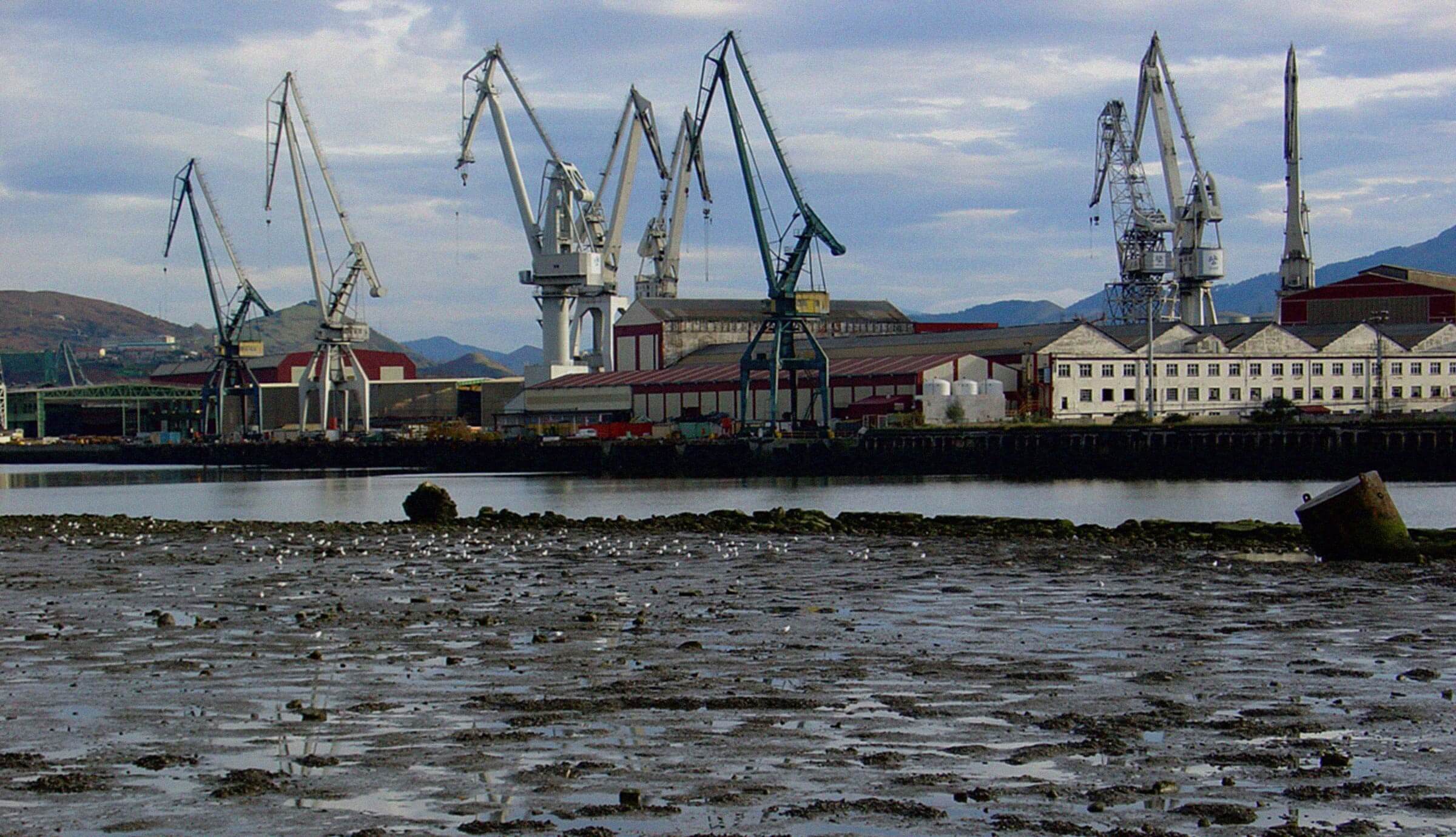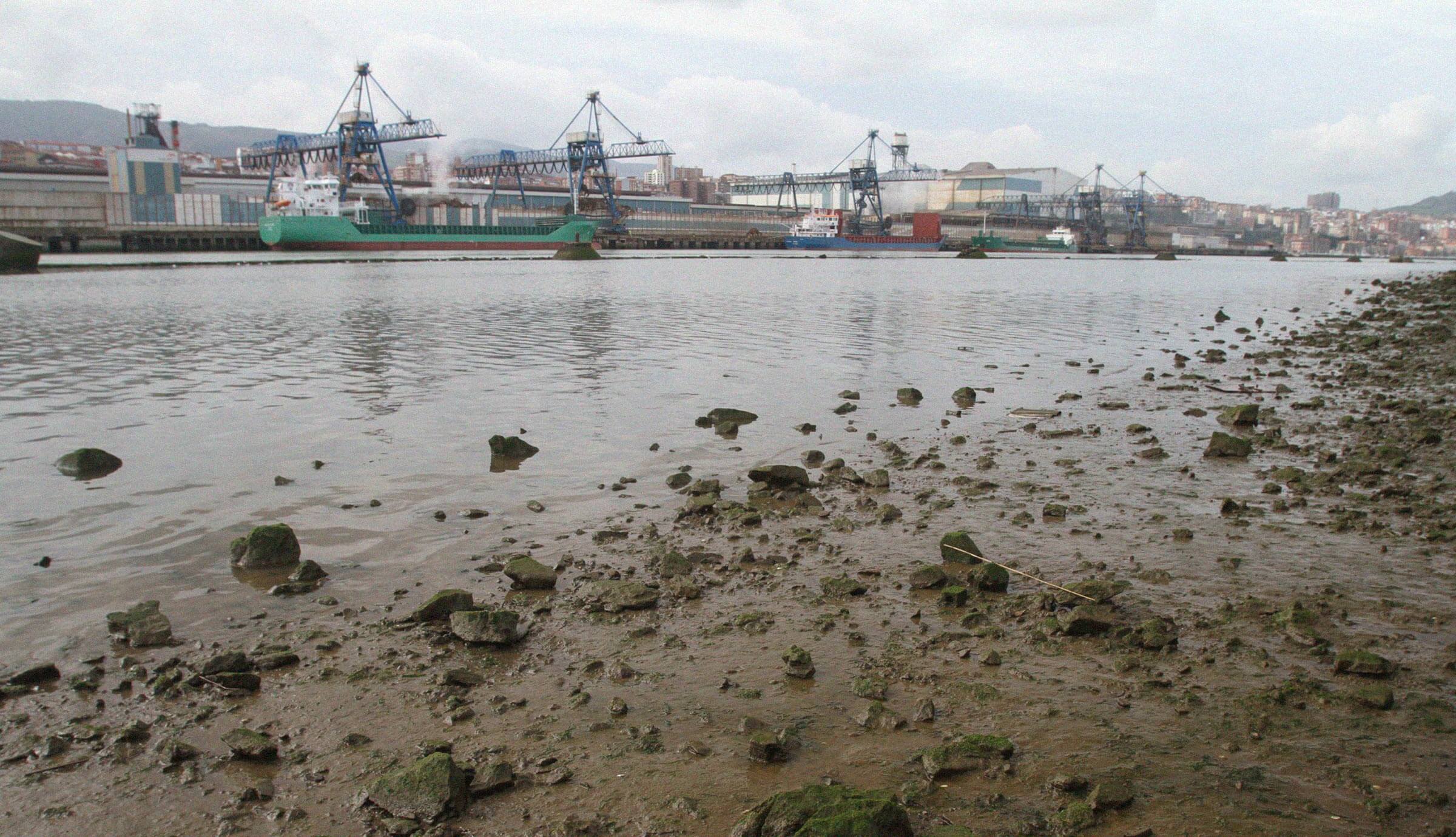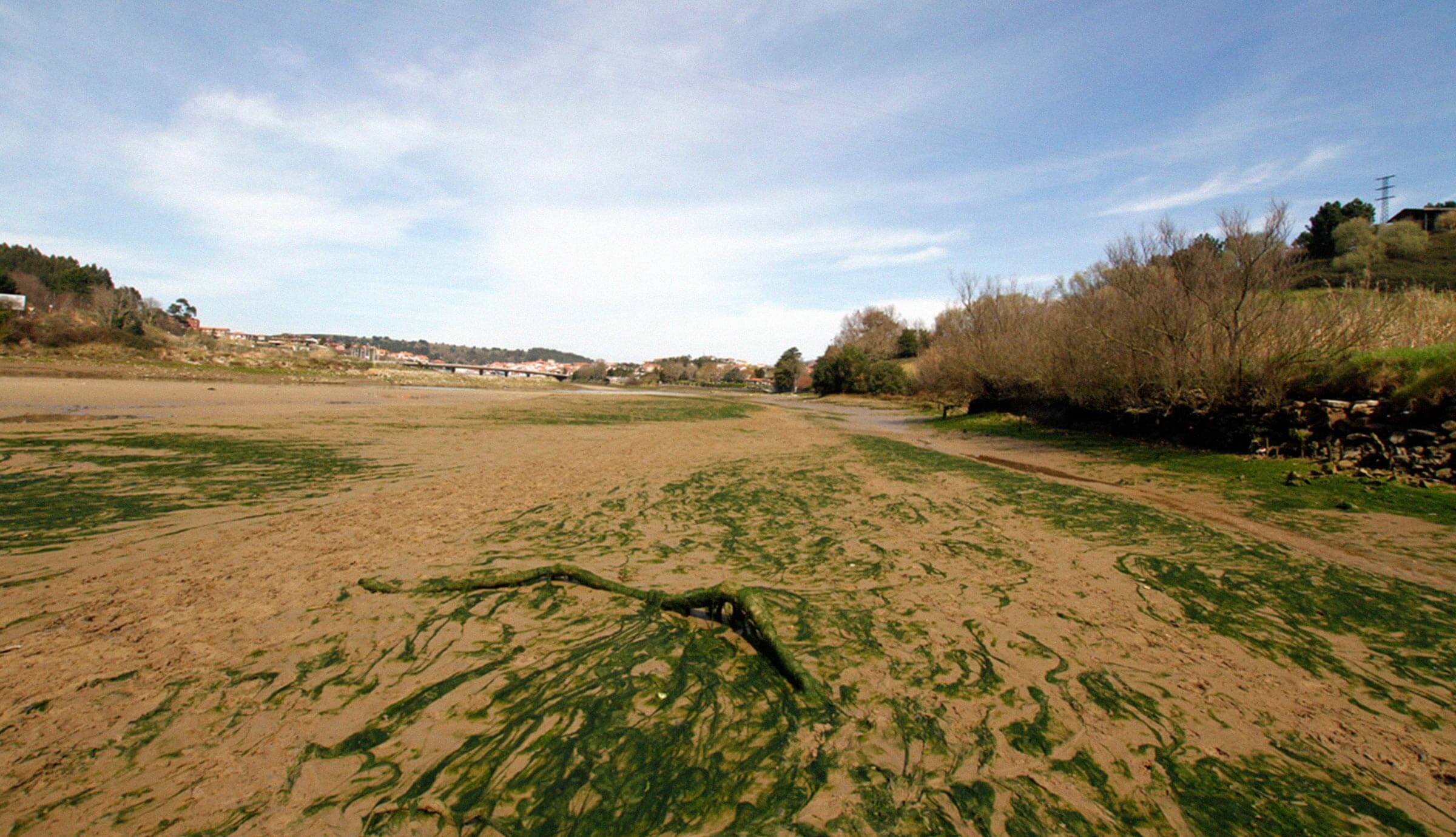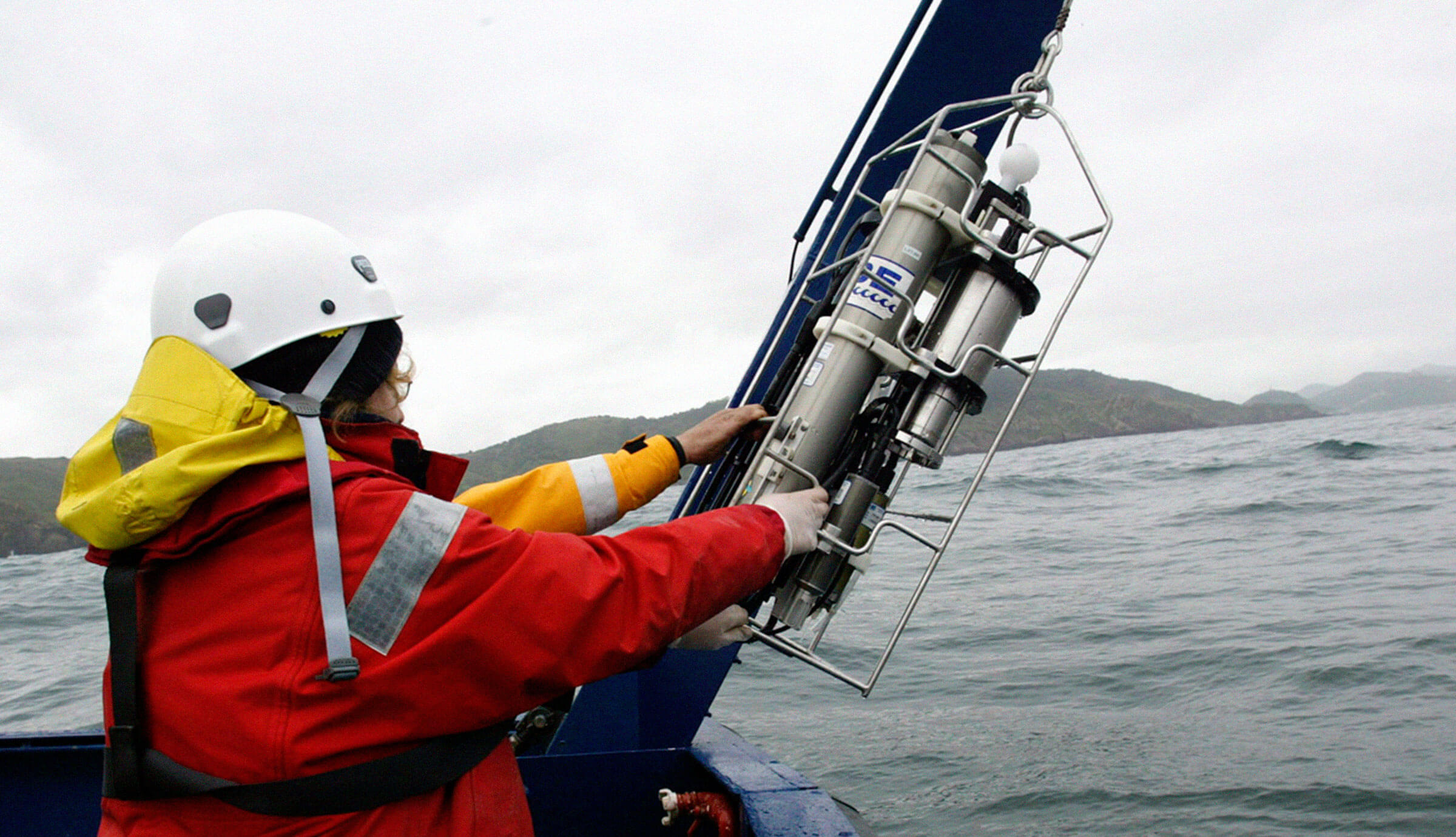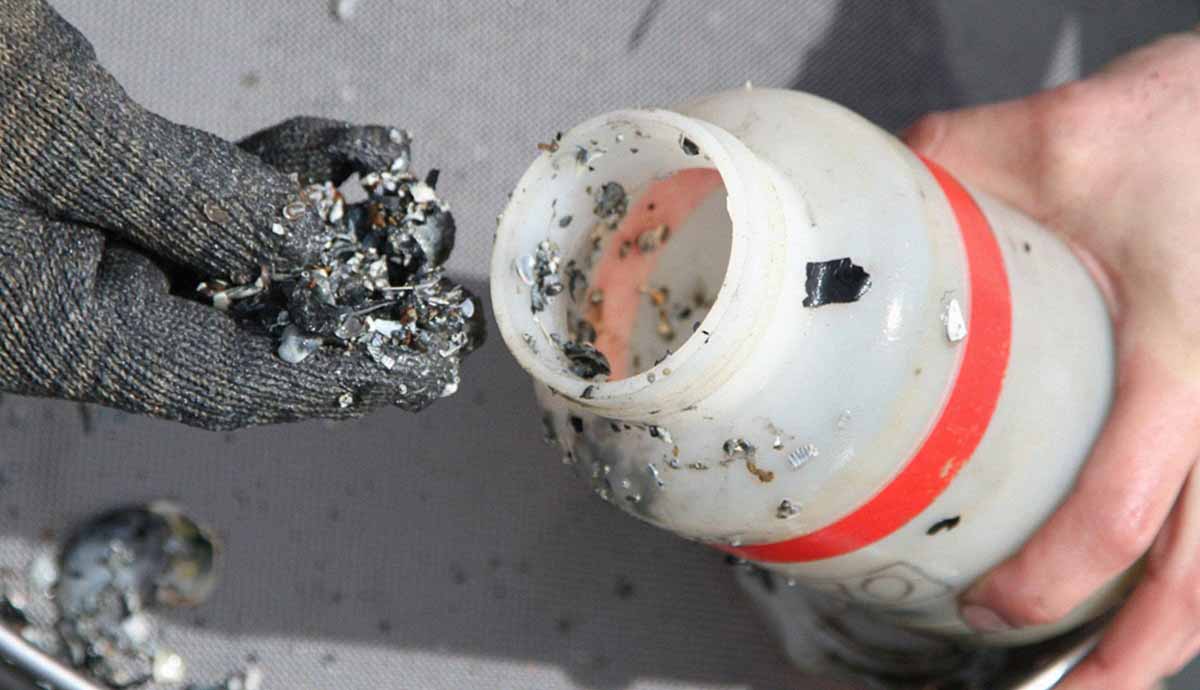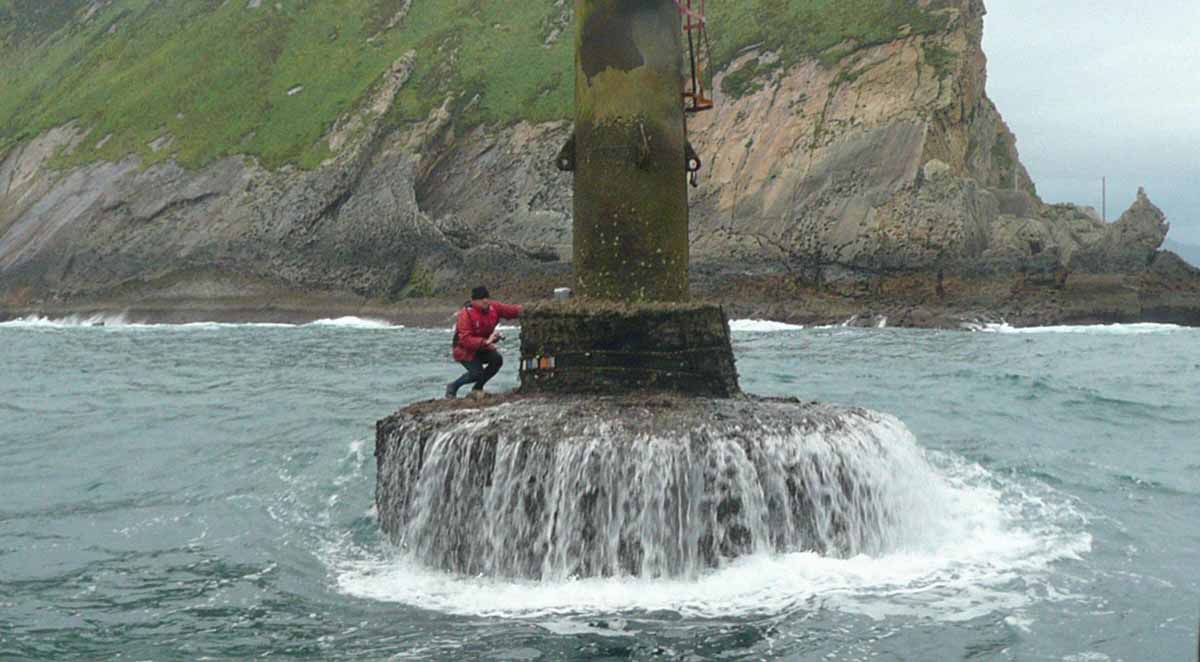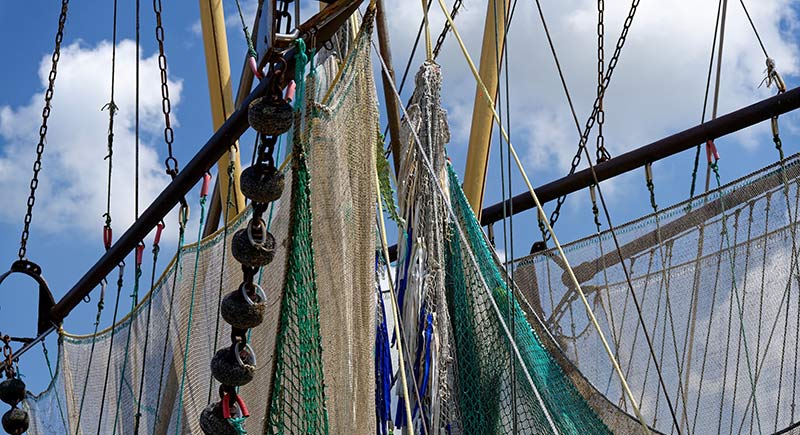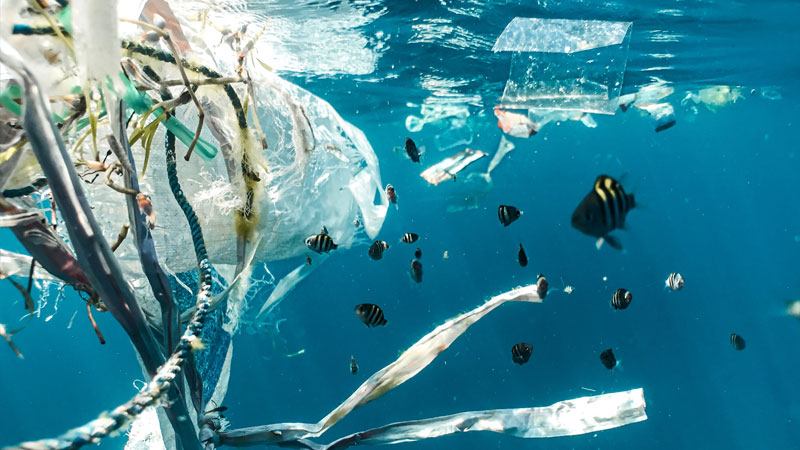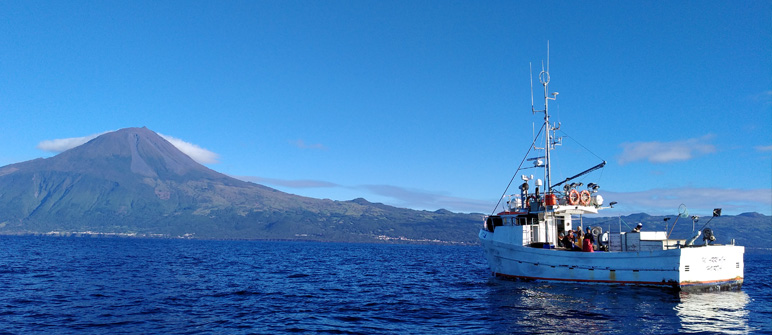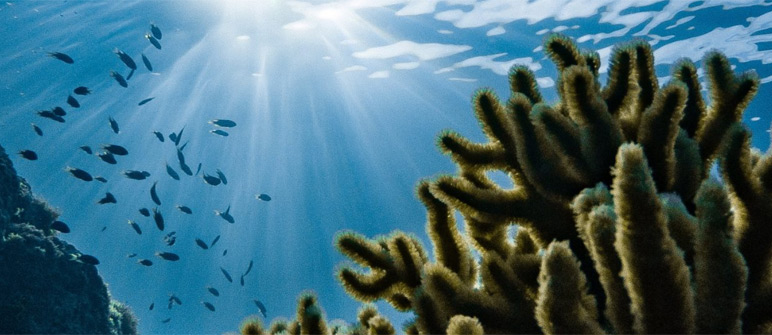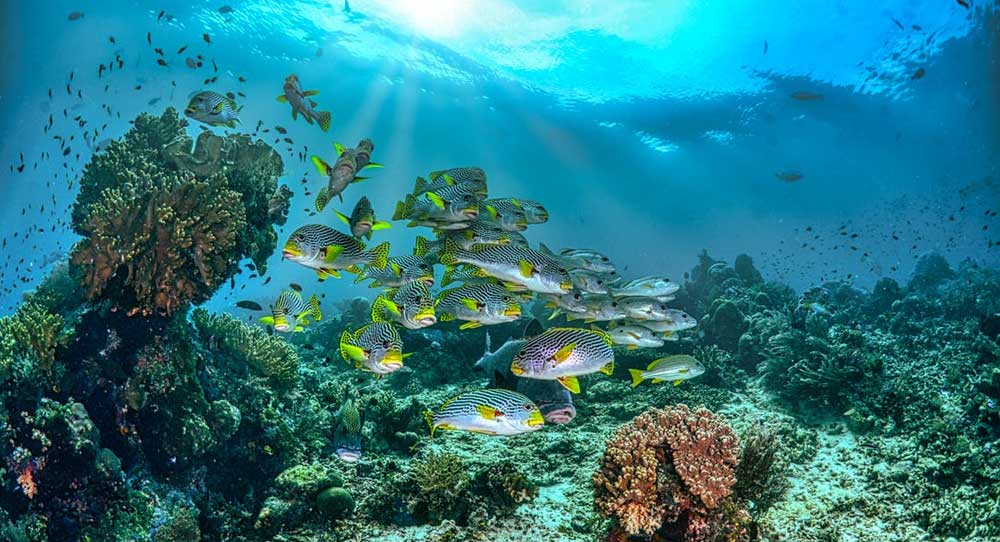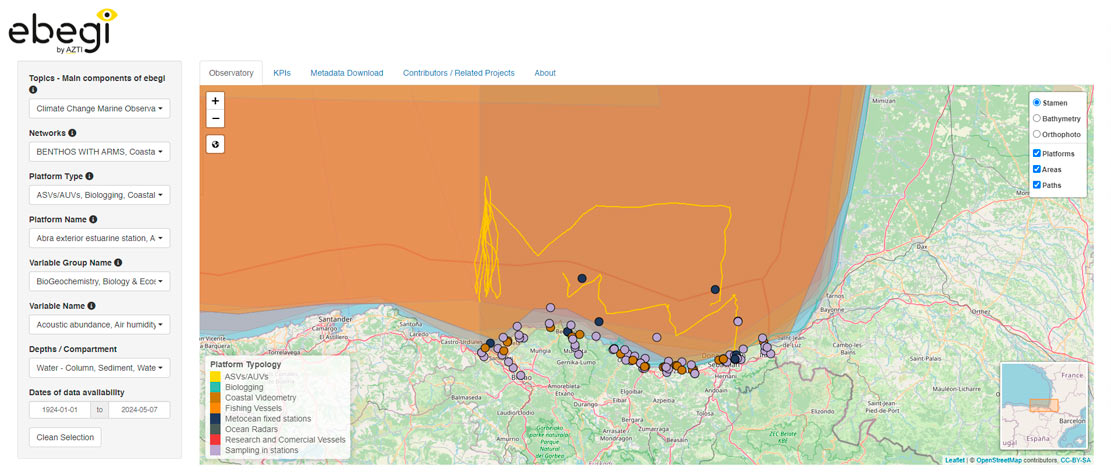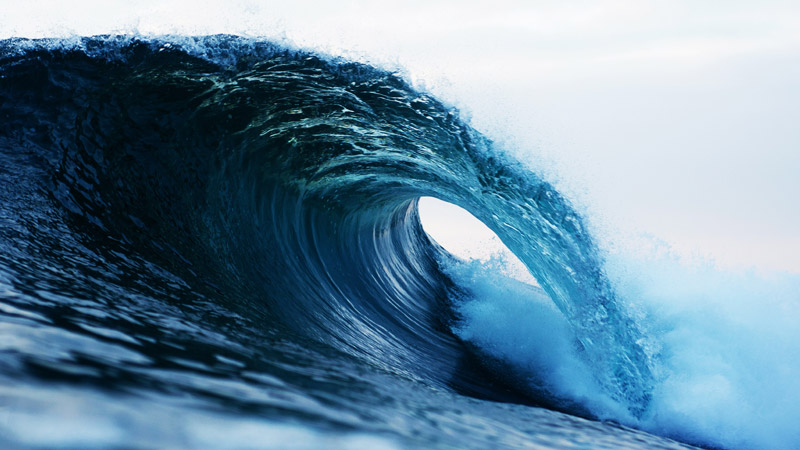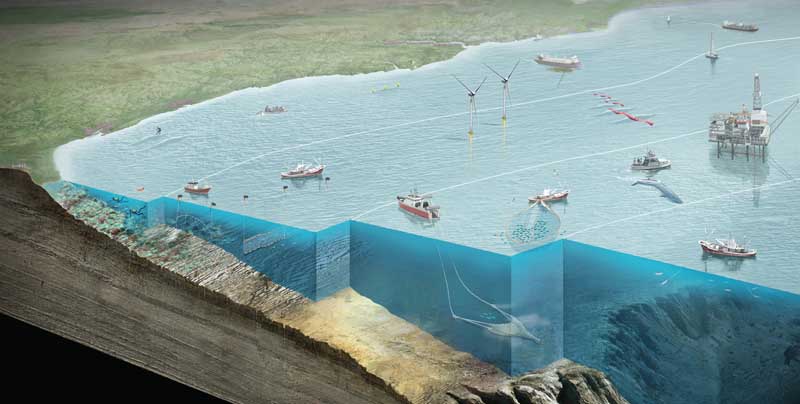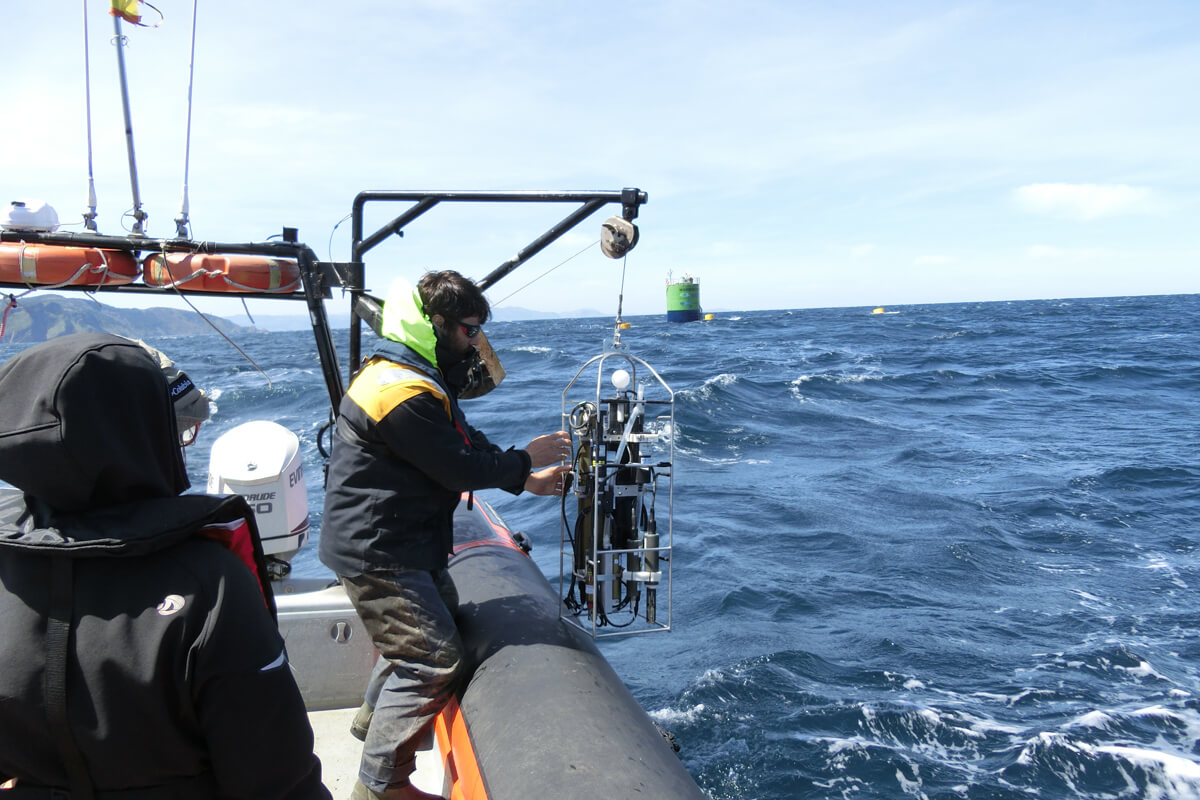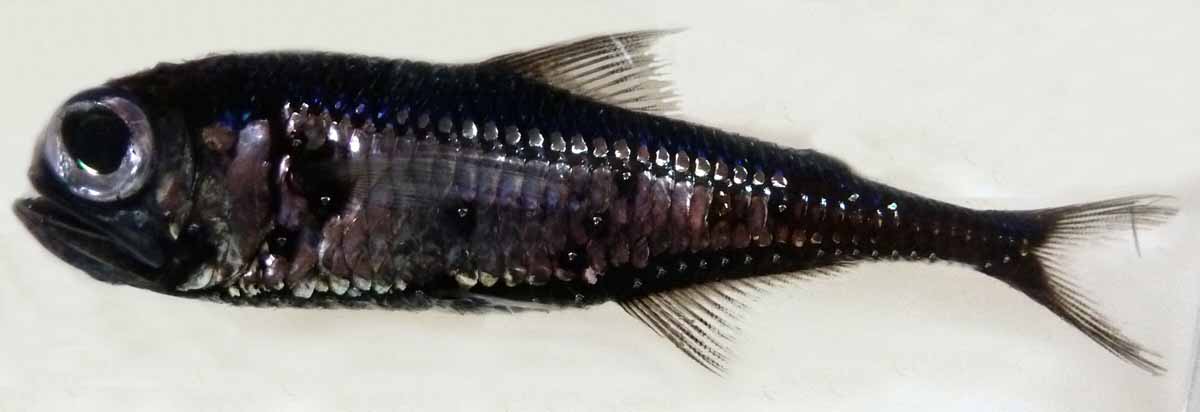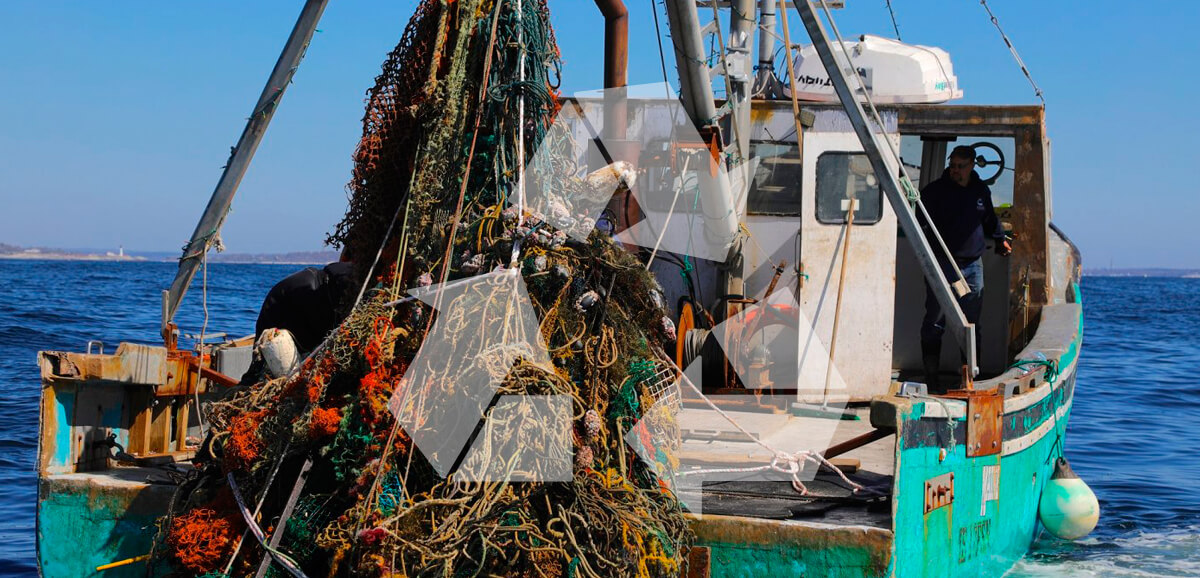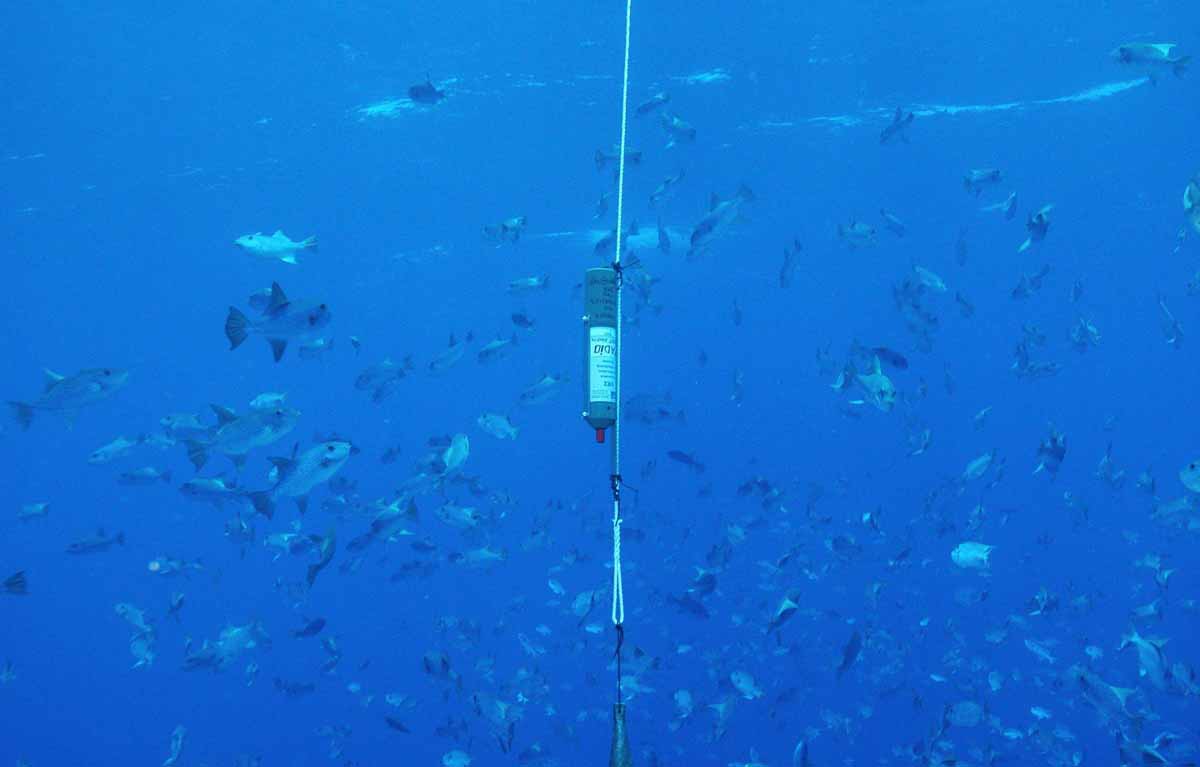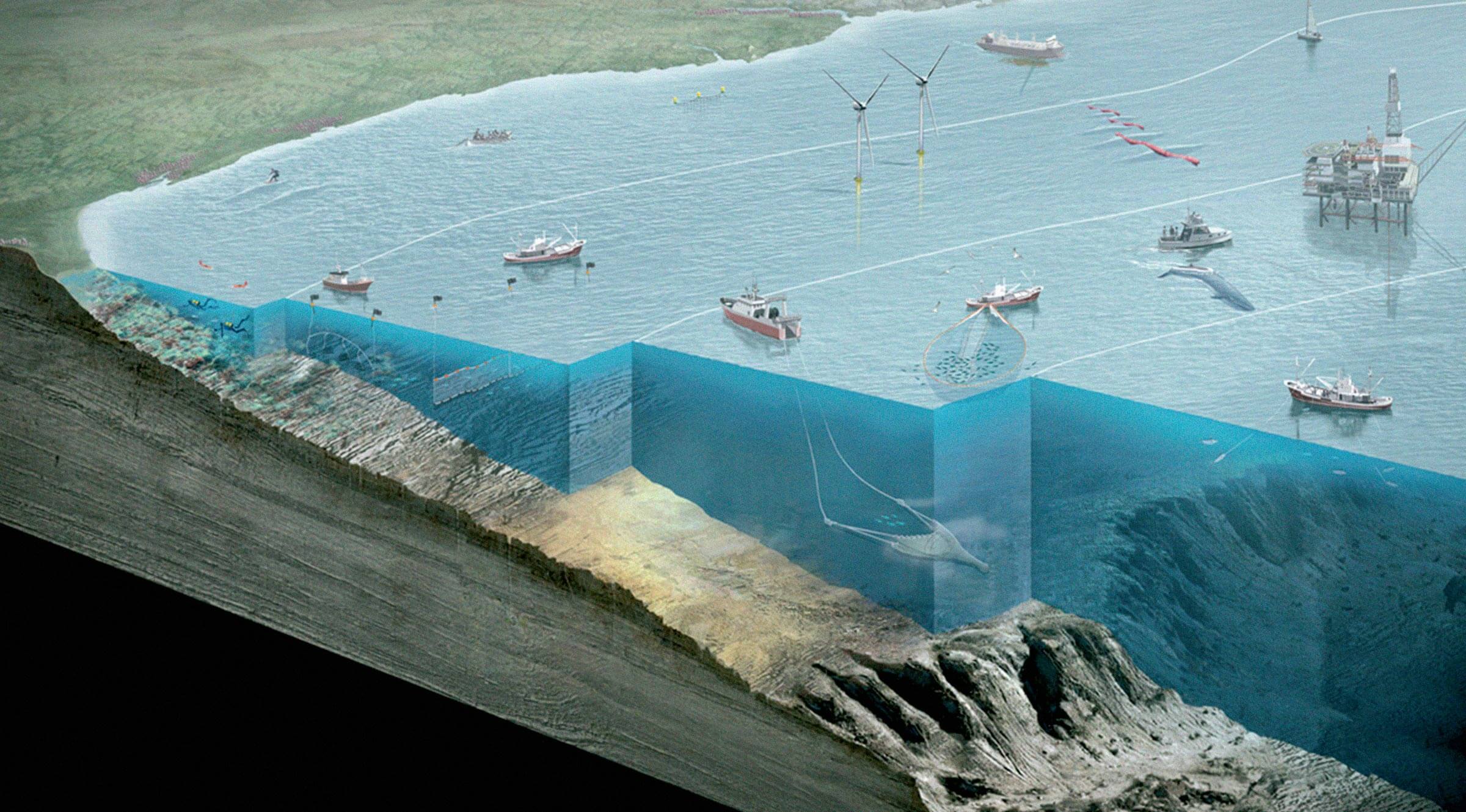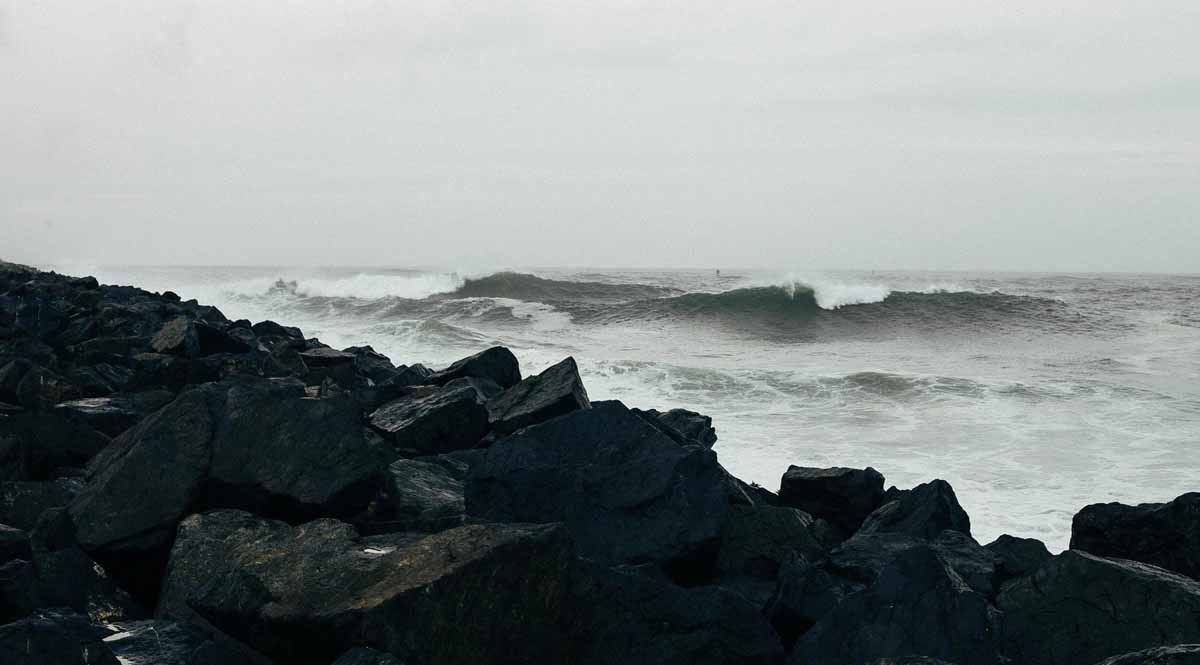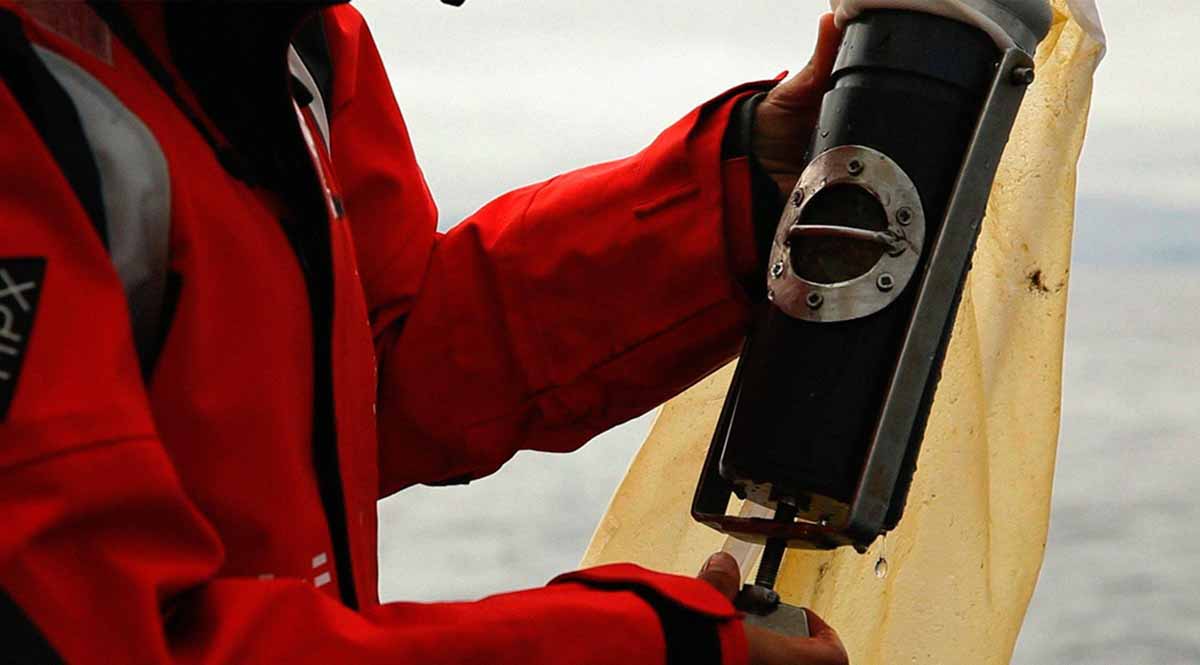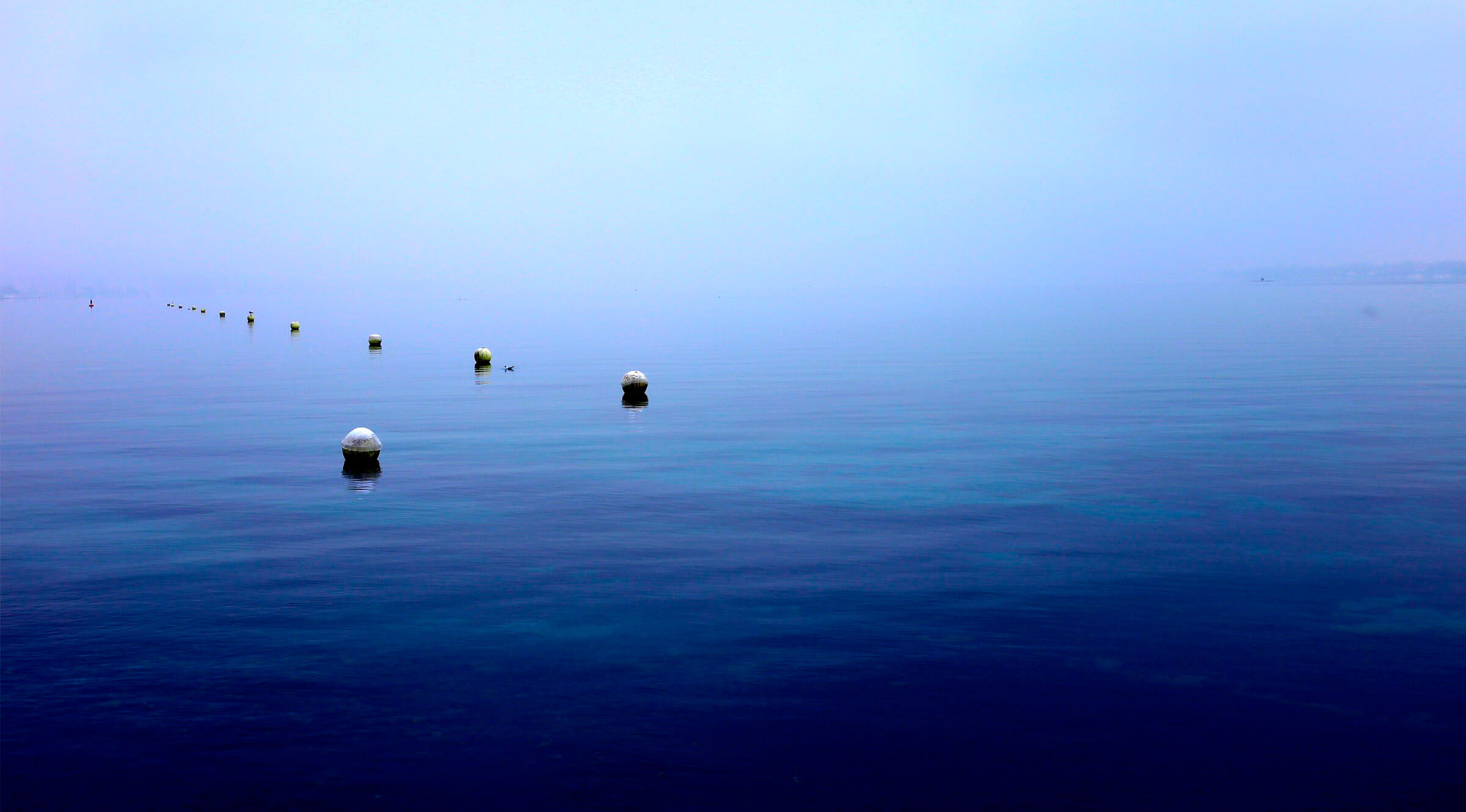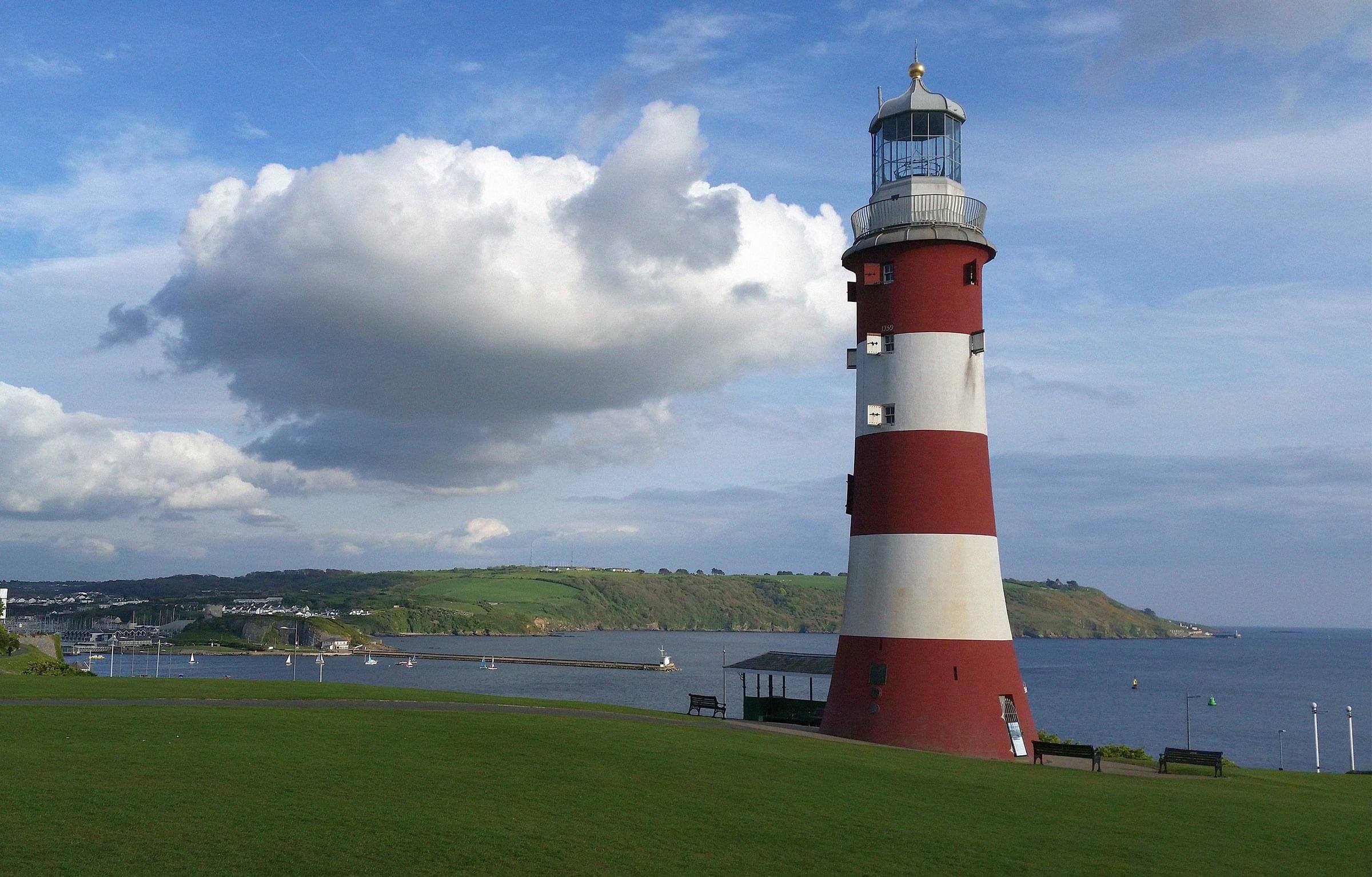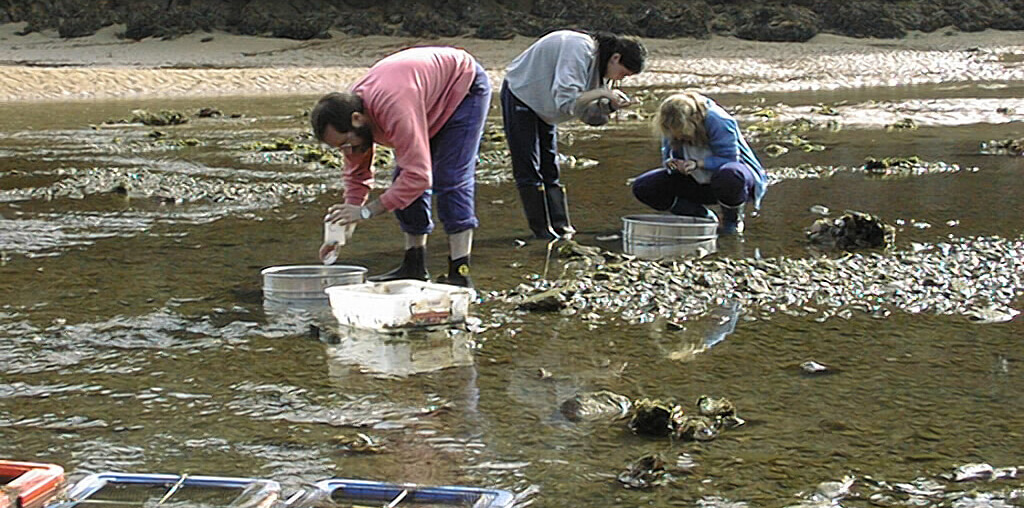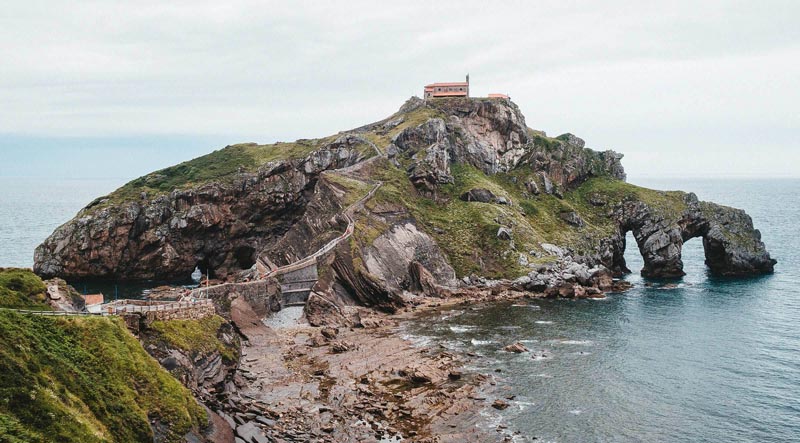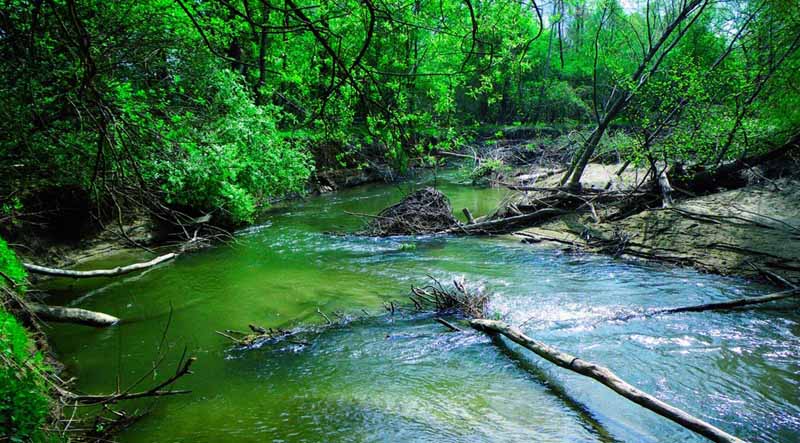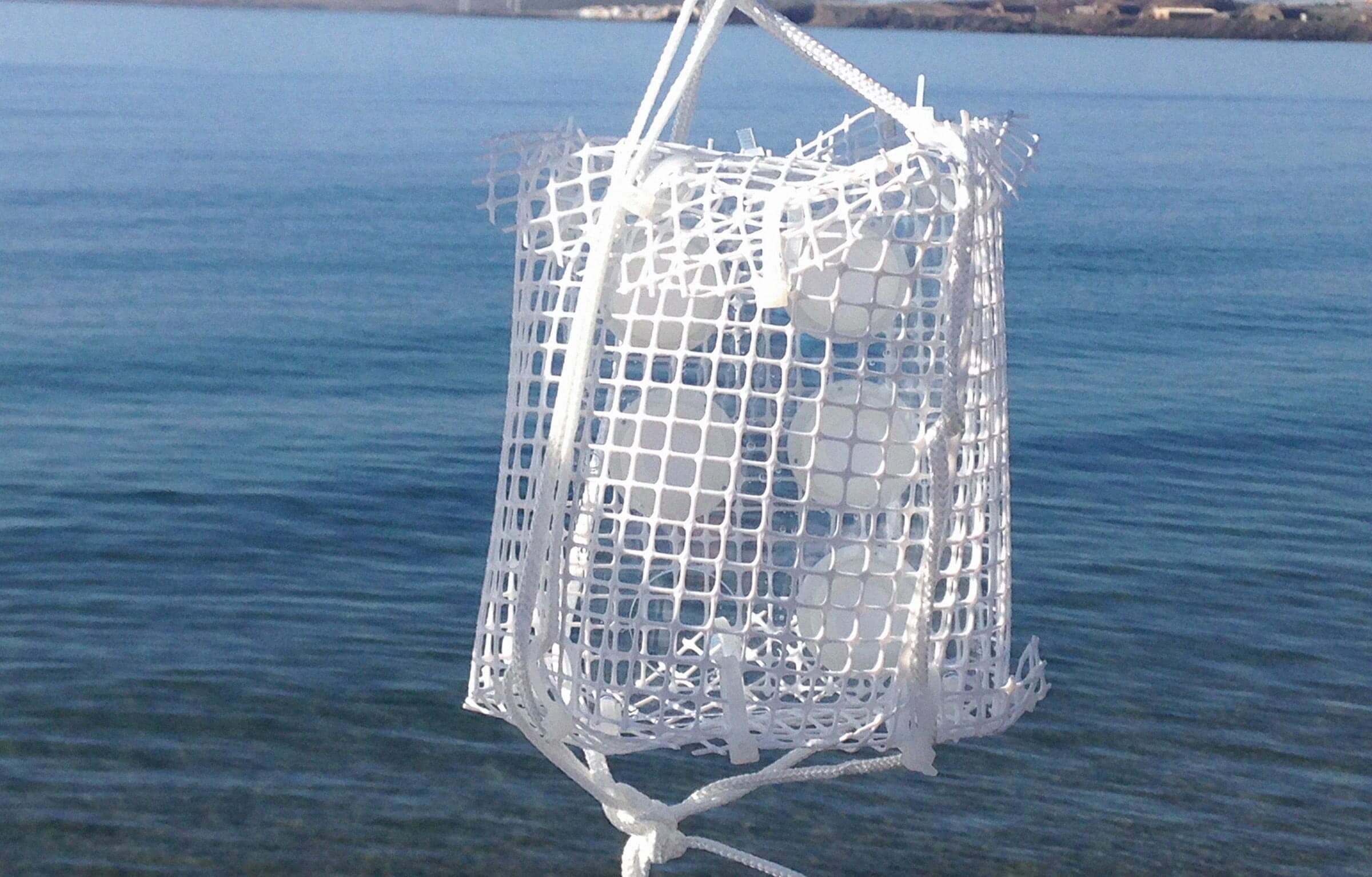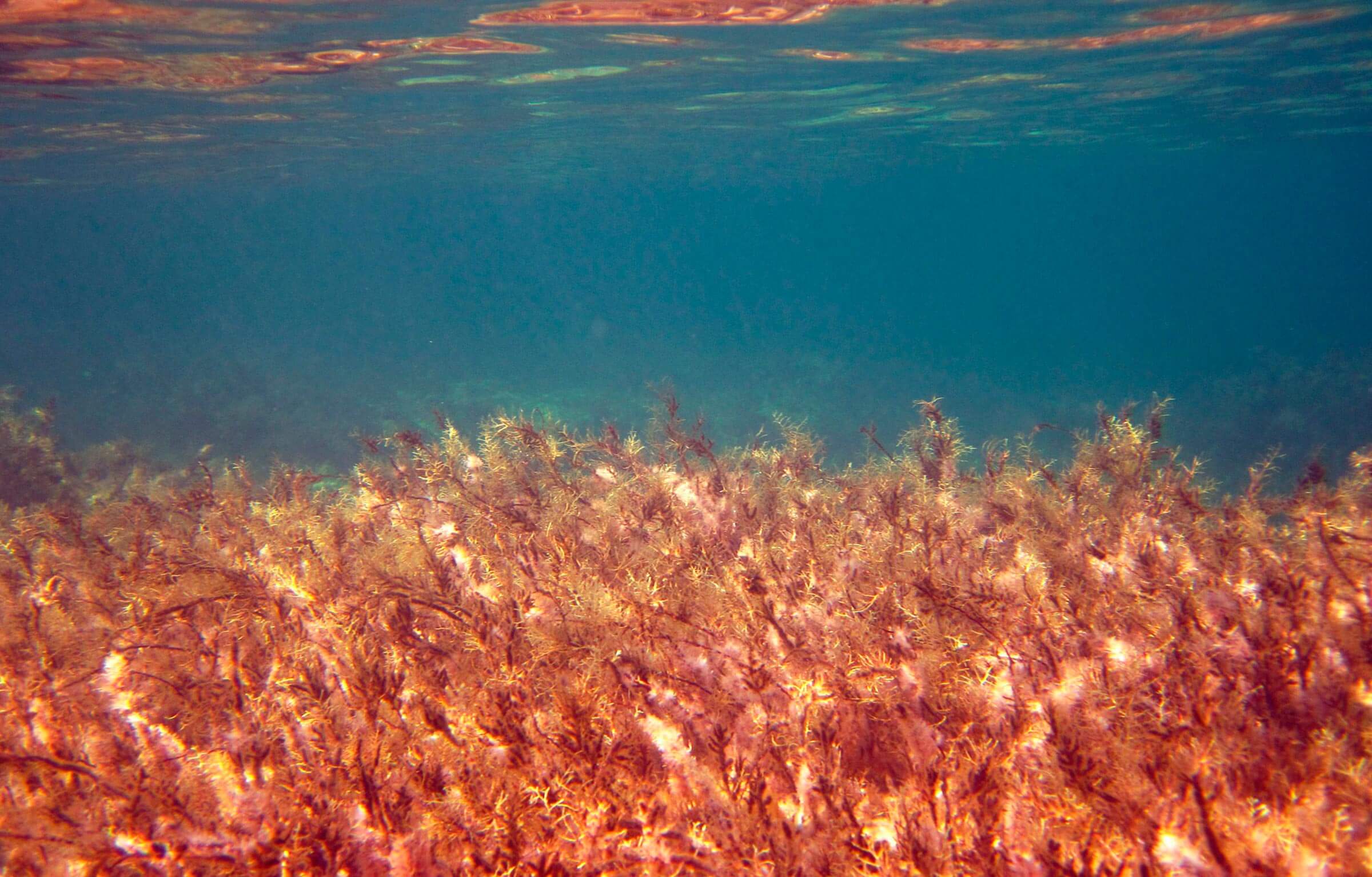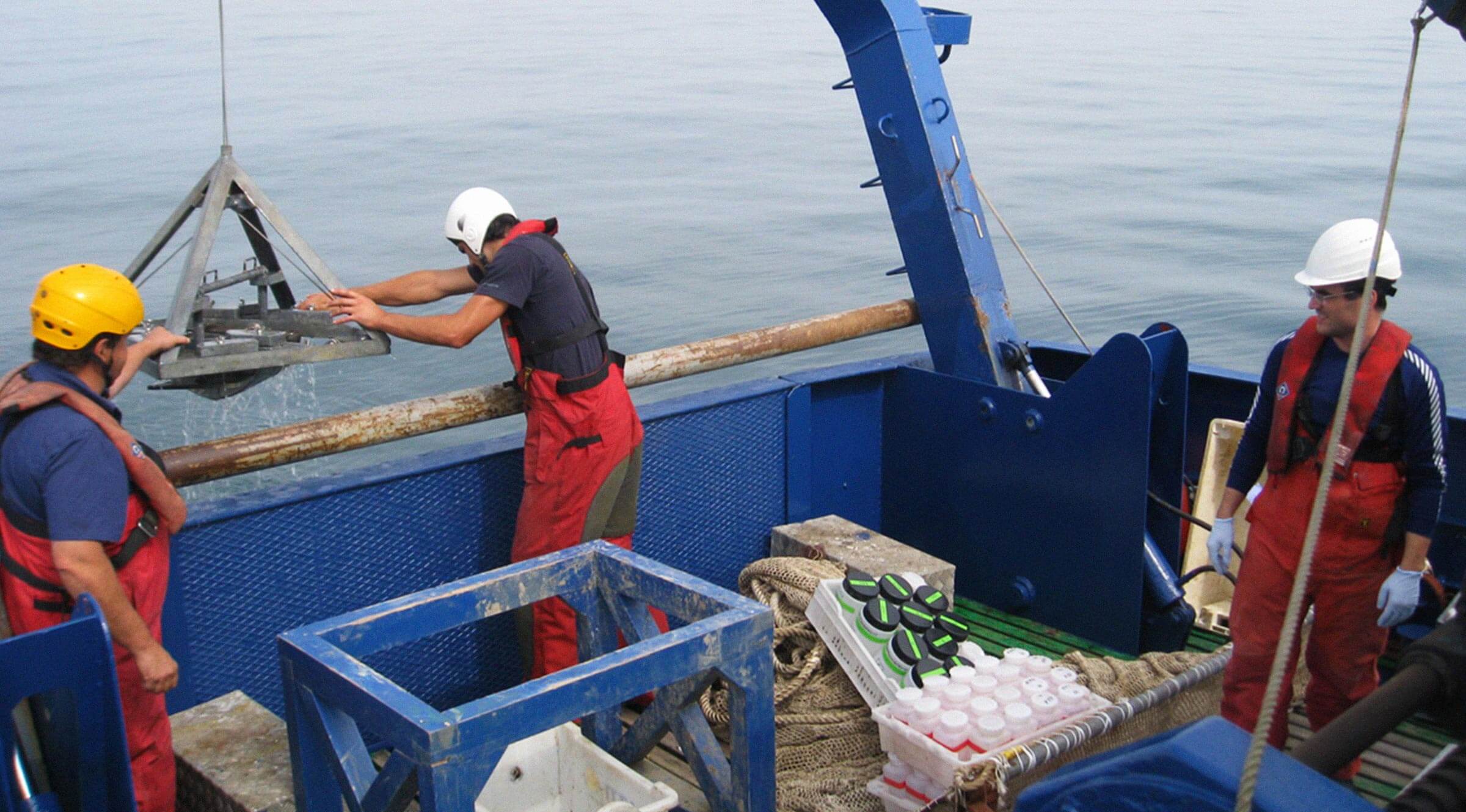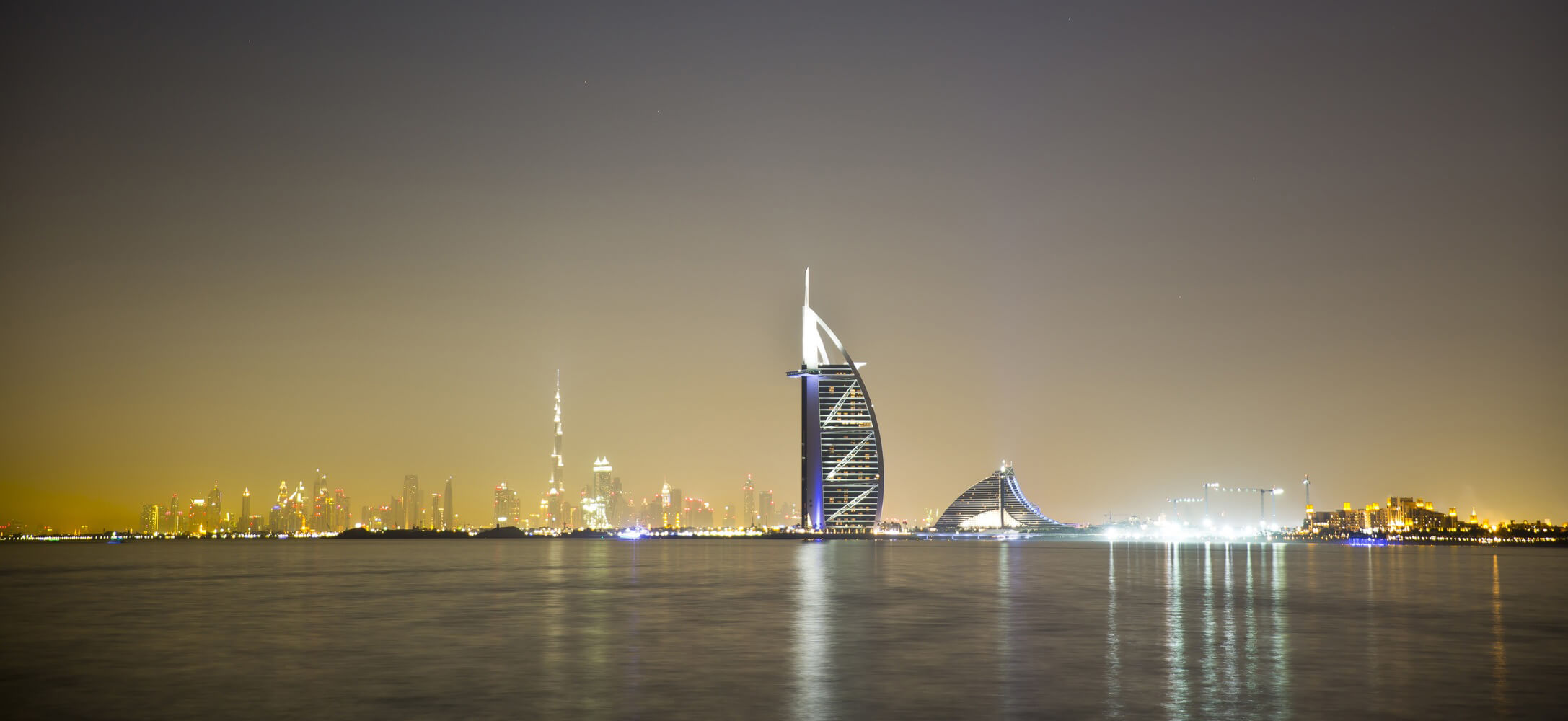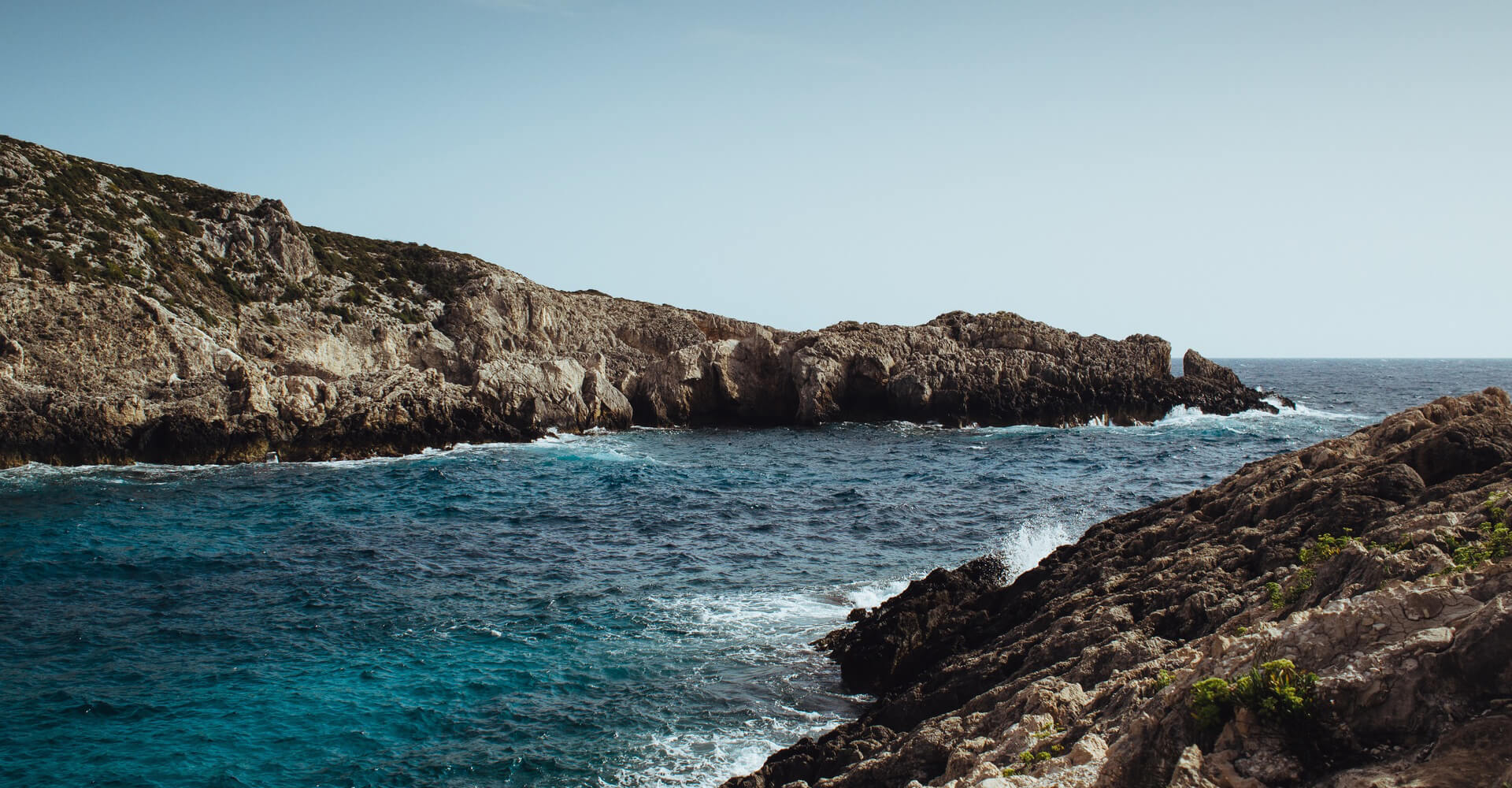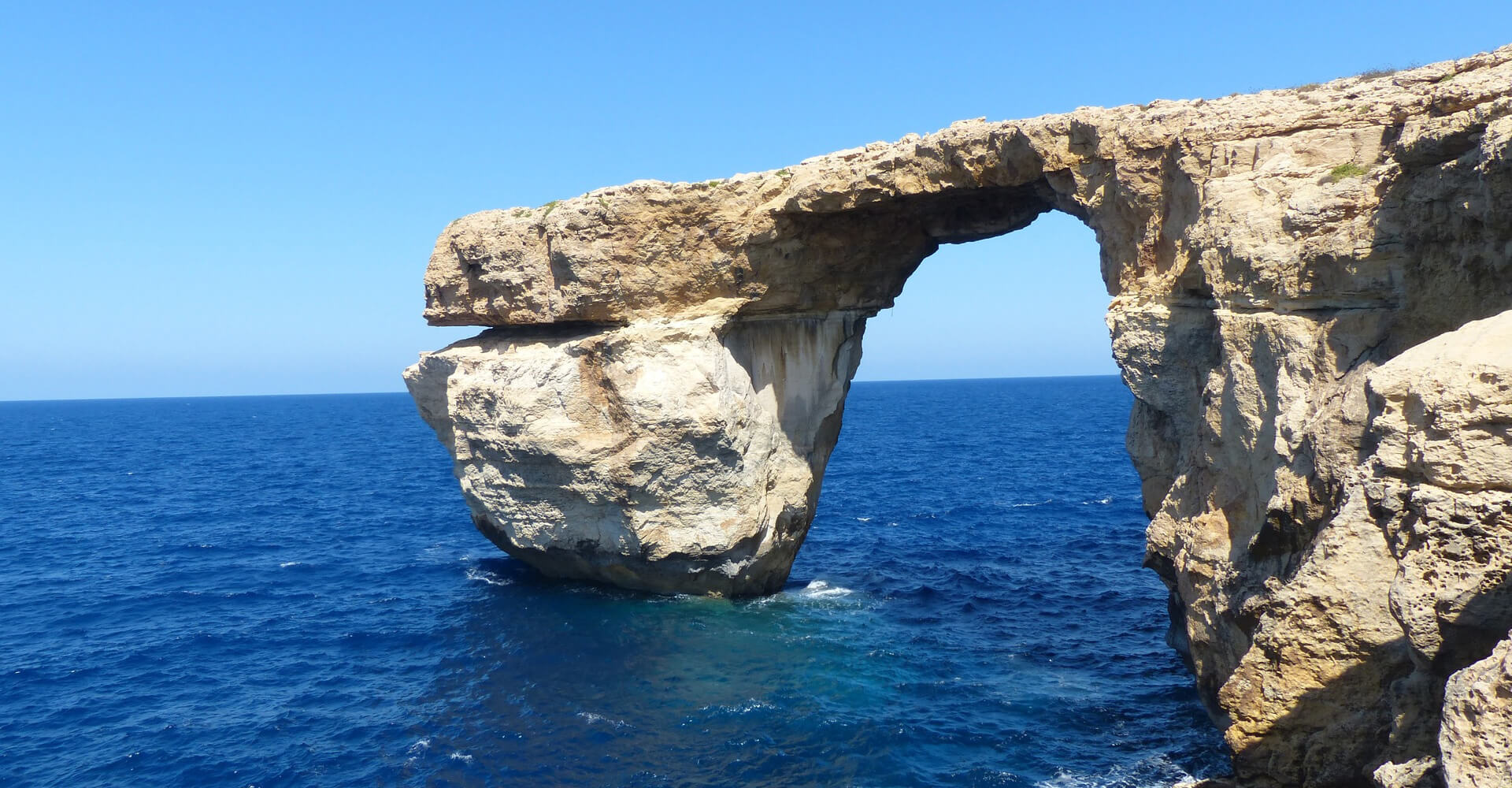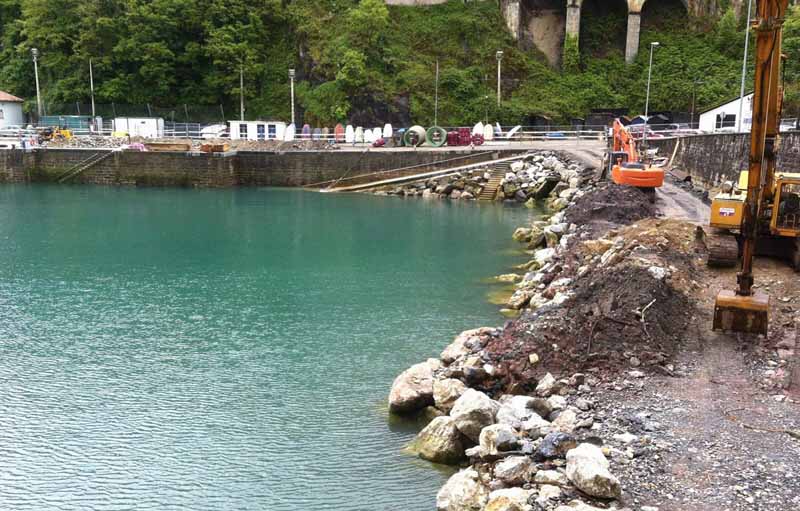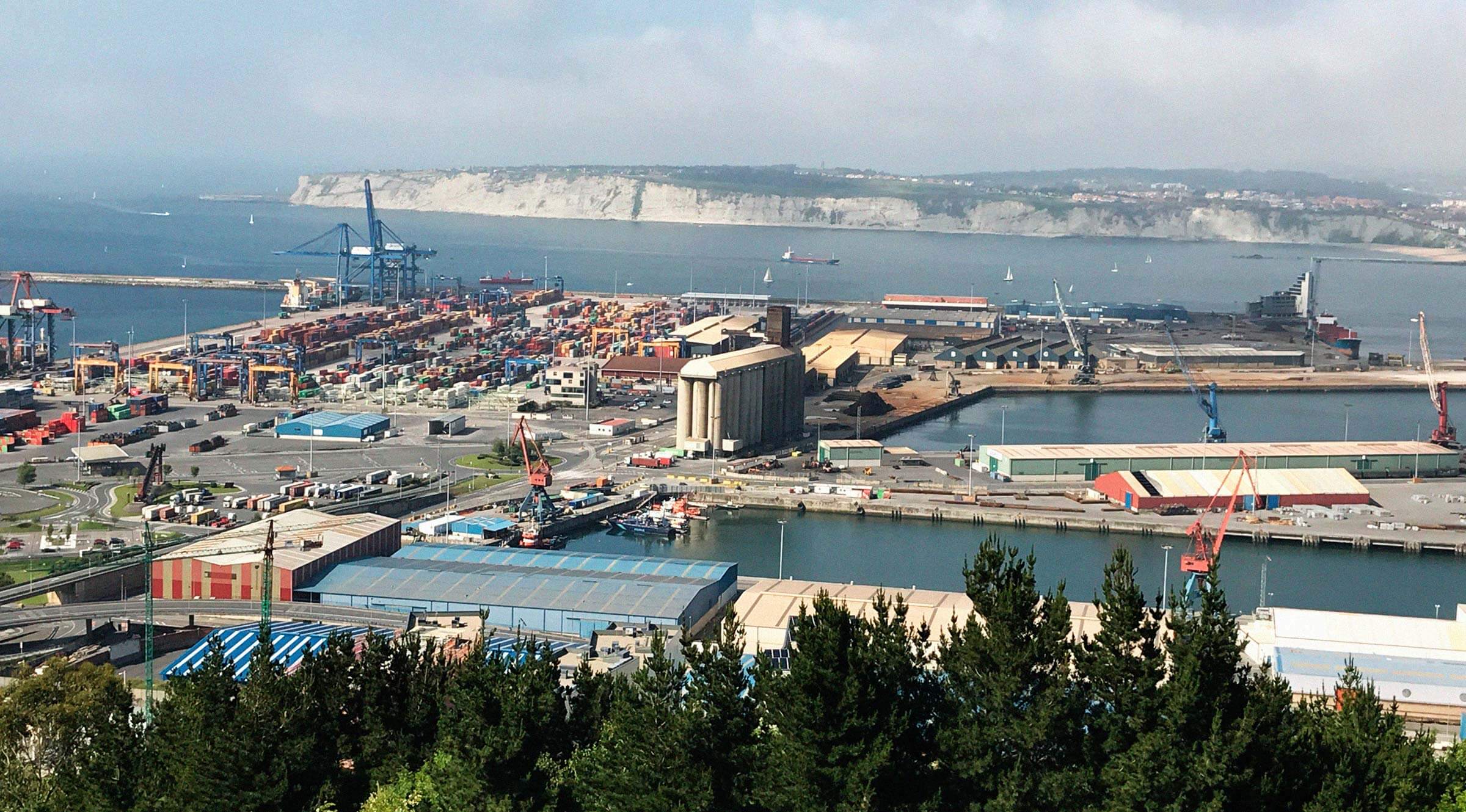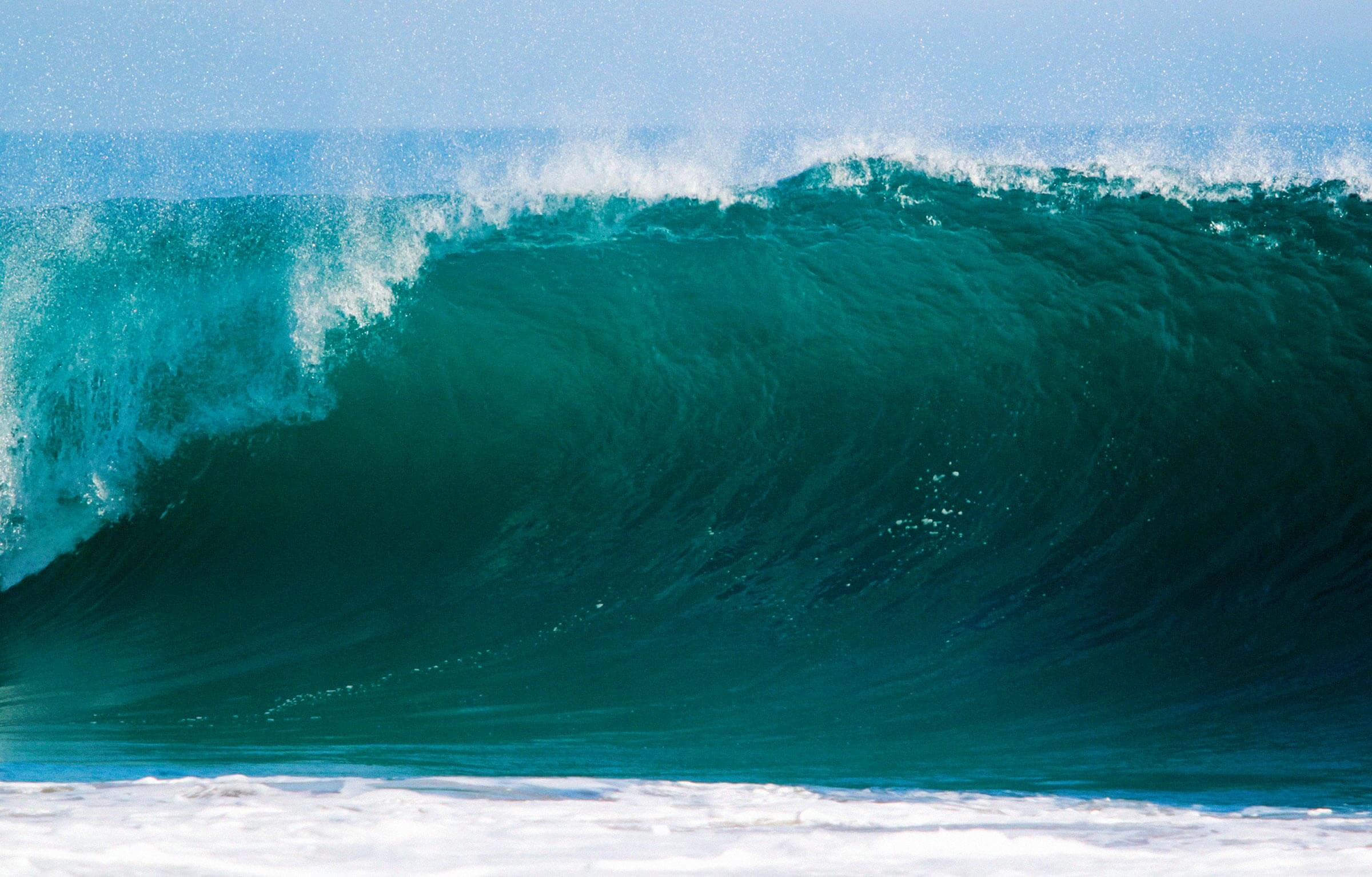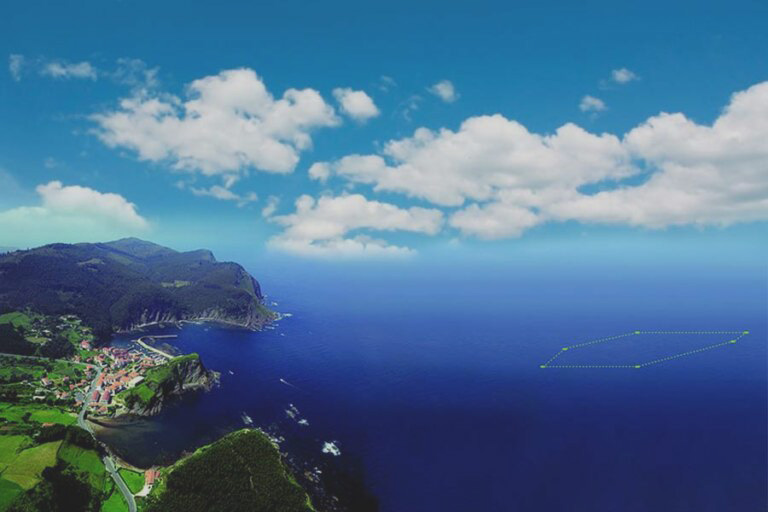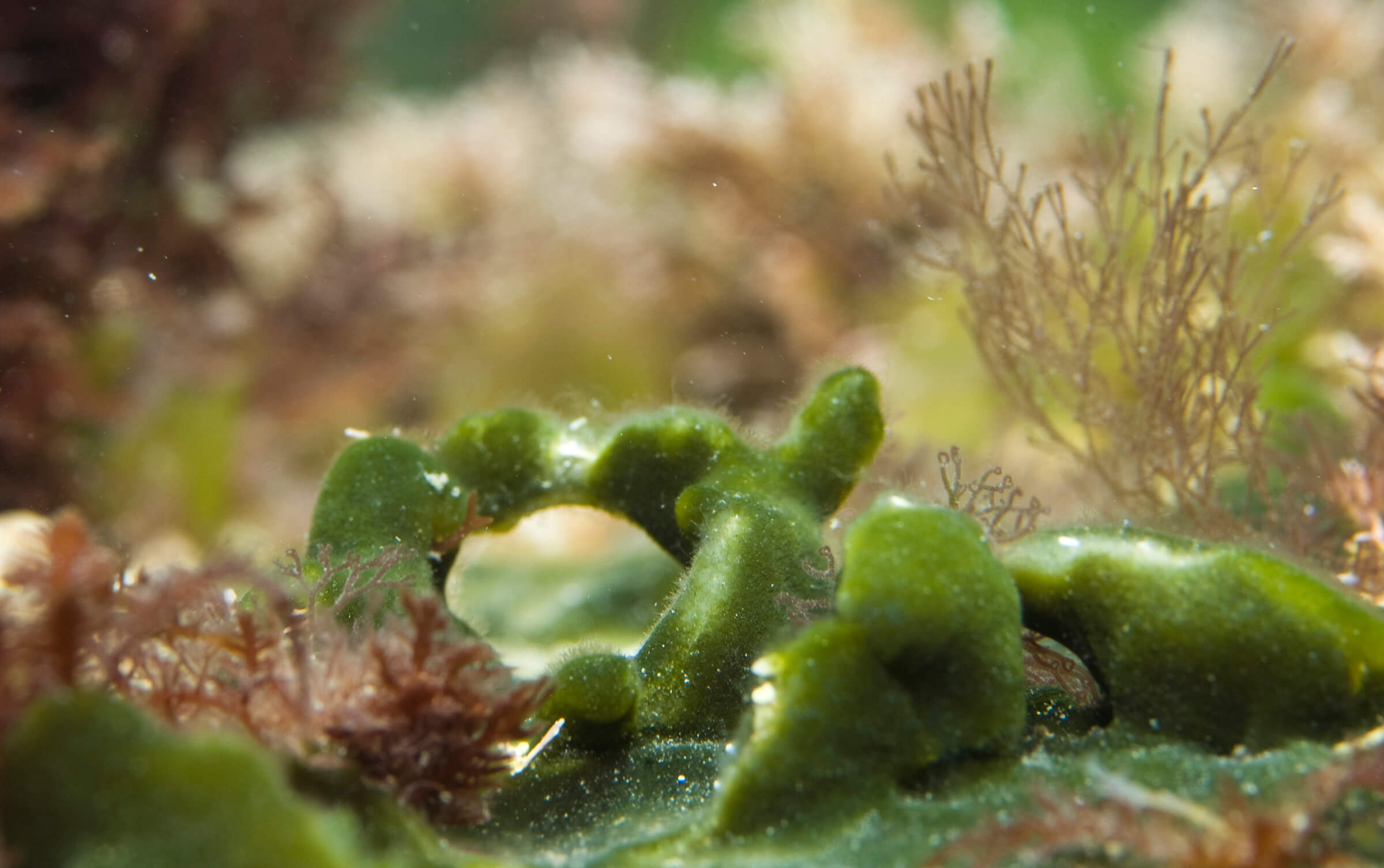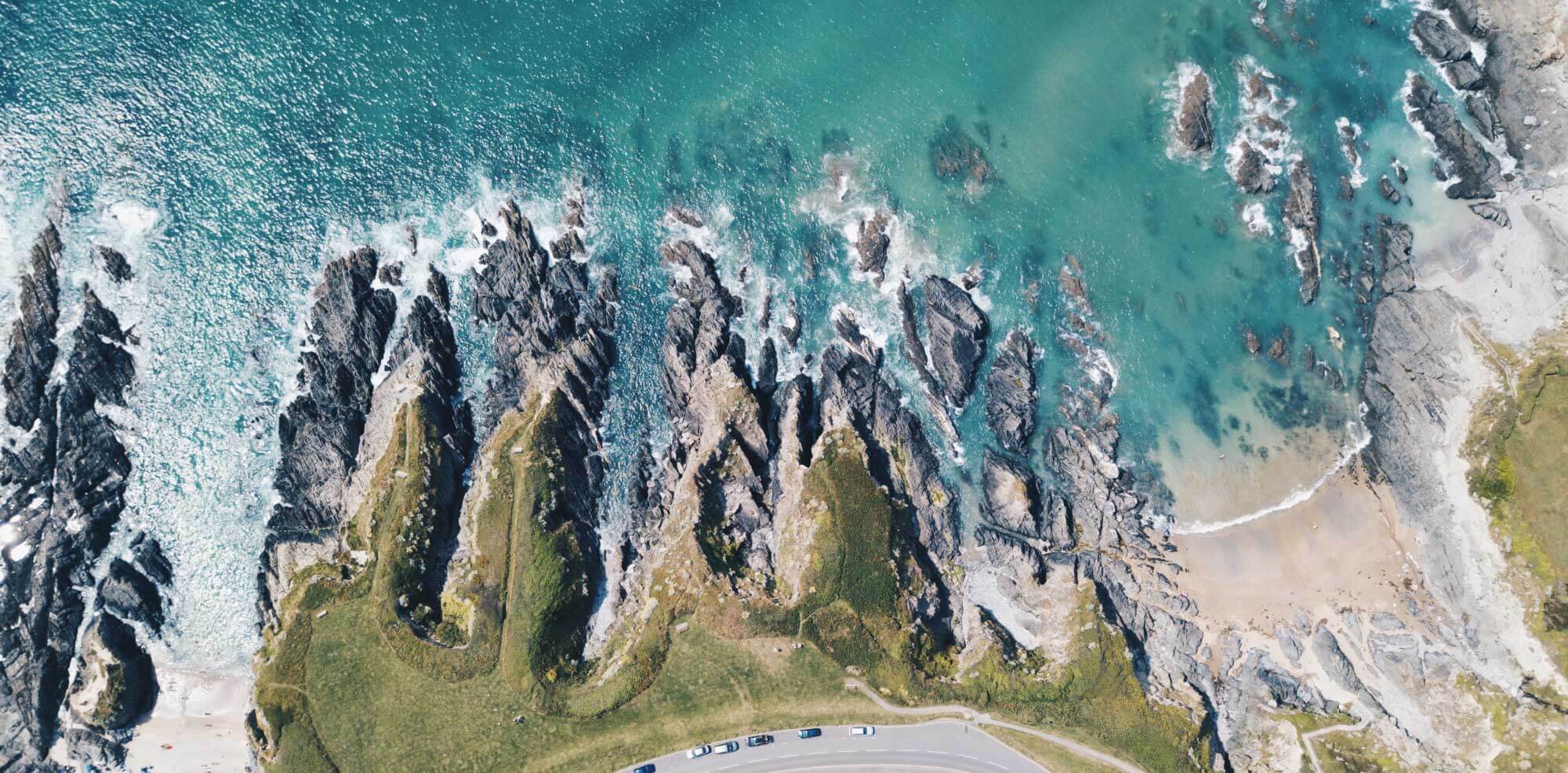
Marine and coastal environmental management
Our challenge is to achieve a sustainable development of our marine activities. We study and provide knowledge of the marine environment from an integrated point of view (physical, ecological and socio-economic characteristics of marine environments and their interactions) to help in decision making processes of managers and stakeholders.
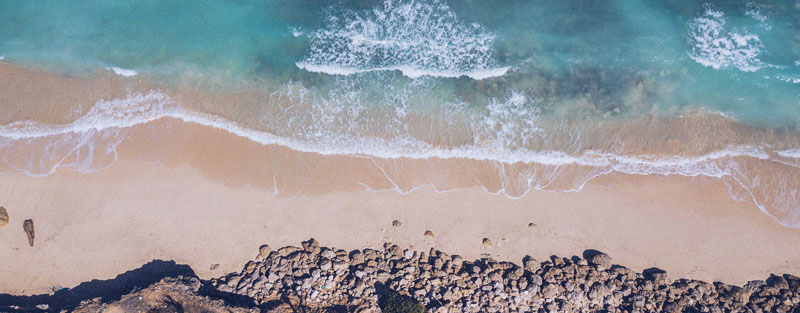
We work in four application areas:
Índice de contenidos
Environmental Impact and Monitoring
We do research into the evolution of environmental quality in coastal areas and develop new environmental indicators
We conduct, in the context of the Environmental Impact Assessments (EIA) procedure, Environmental Impact Studies (known as EsIA) and Environmental Surveillance Plans (known as PVA), both for Plans and Programs (Strategic Environmental Assessments, known as EEA), and projects in the marine environment.
Evaluation of the quality of health of the marine environment
Our efforts are geared towards establishing the ecological and environmental status conditions of estuaries and coastal areas
Such assessments constitute requirements of the main European directives on the protection and management of the marine environment, such as the Water Framework Directive (known as DMA) and the European Marine Strategy Directive (known as DEME).
We investigate the evolution of the environmental quality of estuaries, coastal areas and the open sea and apply and develop indicators that respond to the DMA, DEME, international conventions (e.g. OSPAR), and other directives (e.g. Habitats, Bathroom Discharge Rules, Seafood and Shellfish Cultivation Areas, etc.).
Preservation of Marine Ecosystems
We work to conserve the biodiversity of marine ecosystems (species, habitats, spaces, processes) in order to achieve sustainable management of natural resources.
We conduct studies geared at the formal declaration of marine reserves and to protect endangered marine species; we propose recovery strategies for places subject to management and restoration measures.
Goods and services and marine spatial planning
We assess ecosystem services and benefits for society in terms of provisioning (food, raw materials), regulation (climate change, nutrients) and cultural aspects.
The ecosystem functions that contribute to these services and the anthropogenic pressures and impacts on the natural environment that affect these functions are also areas that we study.
We also identify areas for the development of new activities such as the production of renewable energy, aquaculture, and conflicts between new and traditional uses undergo analysis, with the aim of optimizing the exploitation of natural resources.
We advise public administrations in the establishment of comprehensive coastal activity management plans (such as dredging plans and the management of aquaculture activity, or control of discharges into the sea).
Marine literacy
We try to bring our own research closer to society through marine literacy
We work to try to make society aware of the main aspects of the functioning of marine ecosystems, the pressures they are subjected to through human activity; emphasis is placed on the benefits that are derived from the marine environment, in such a way as to raise awareness about its conservation and promote behavioral changes geared at respecting it through sustainable and responsible use.


